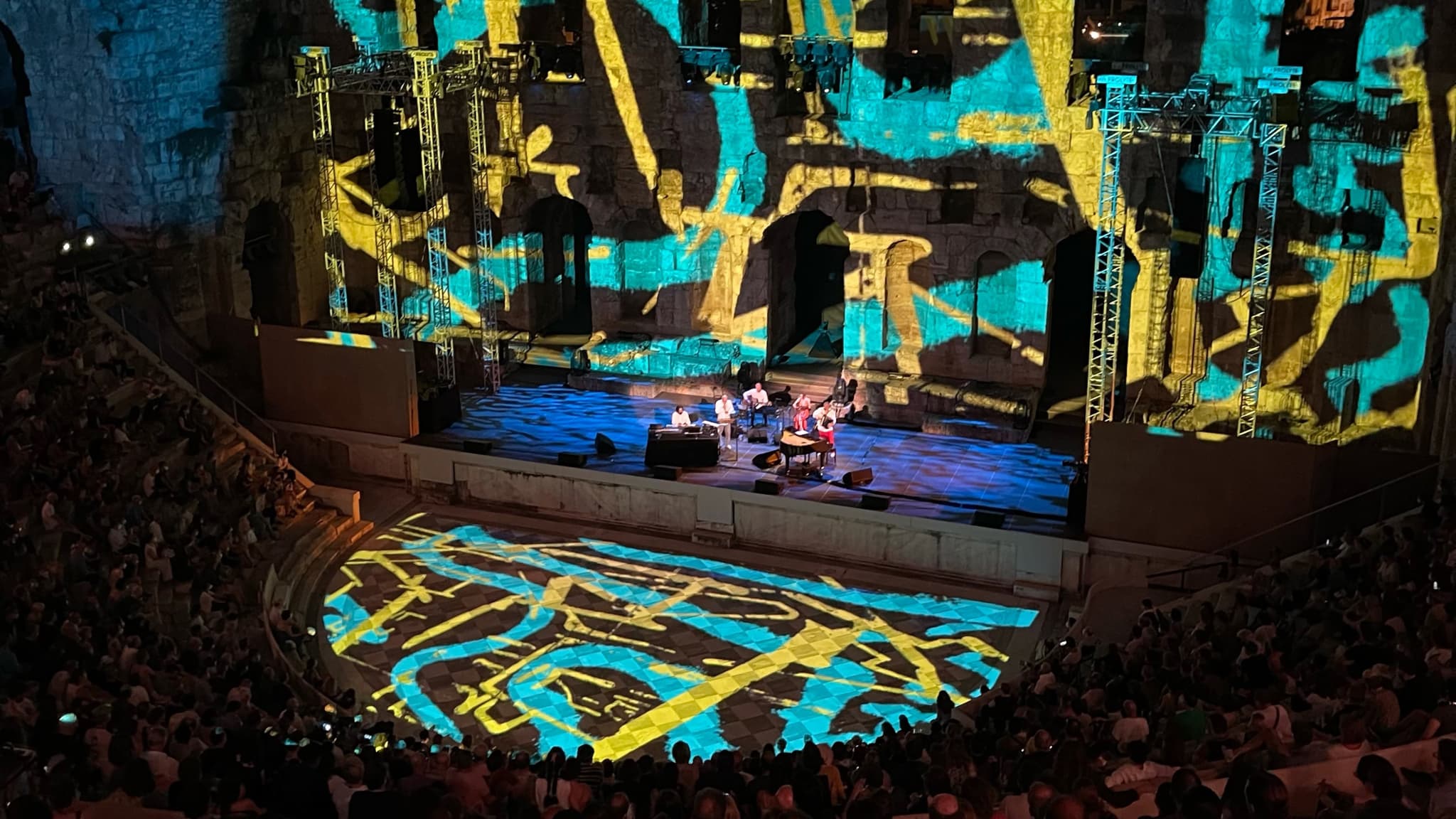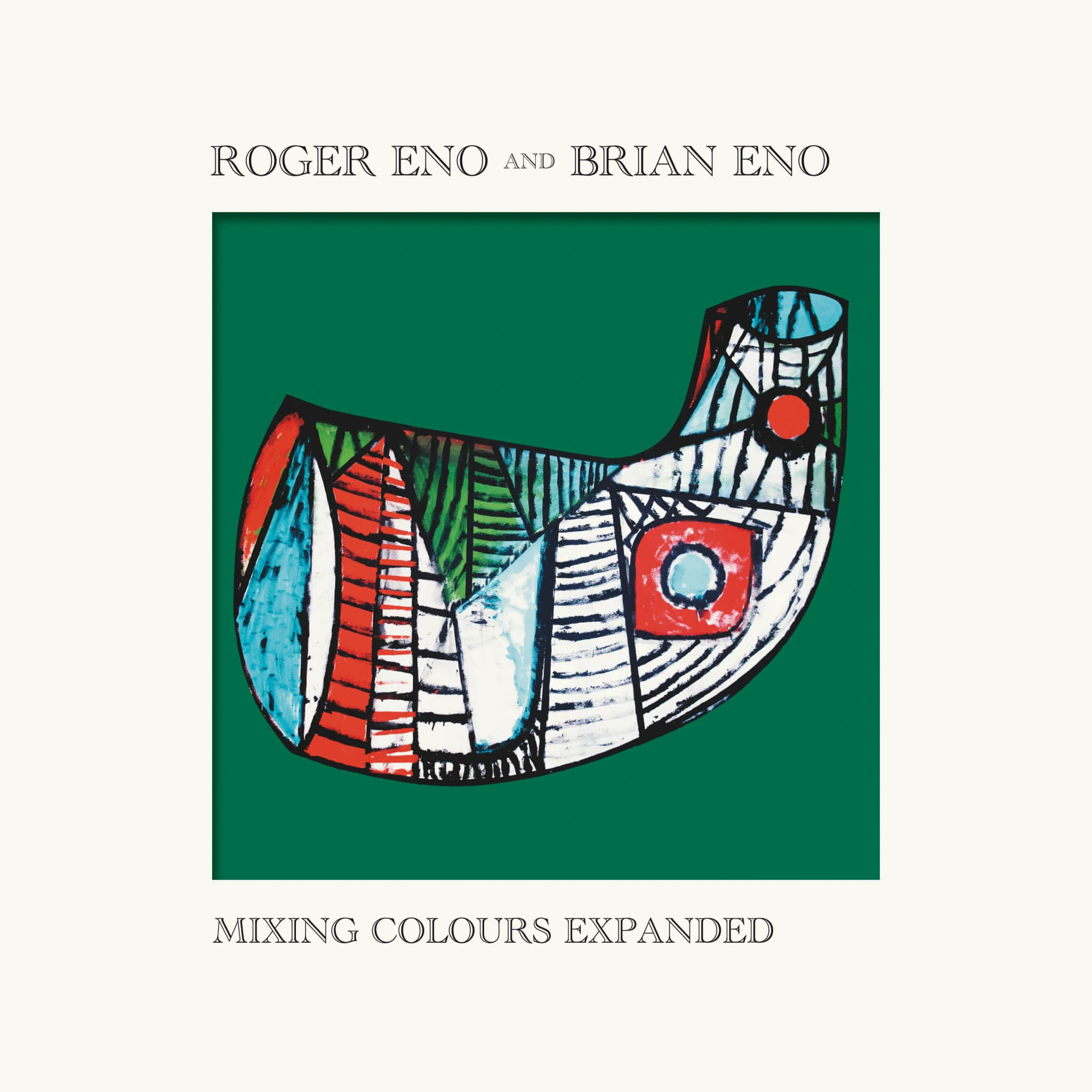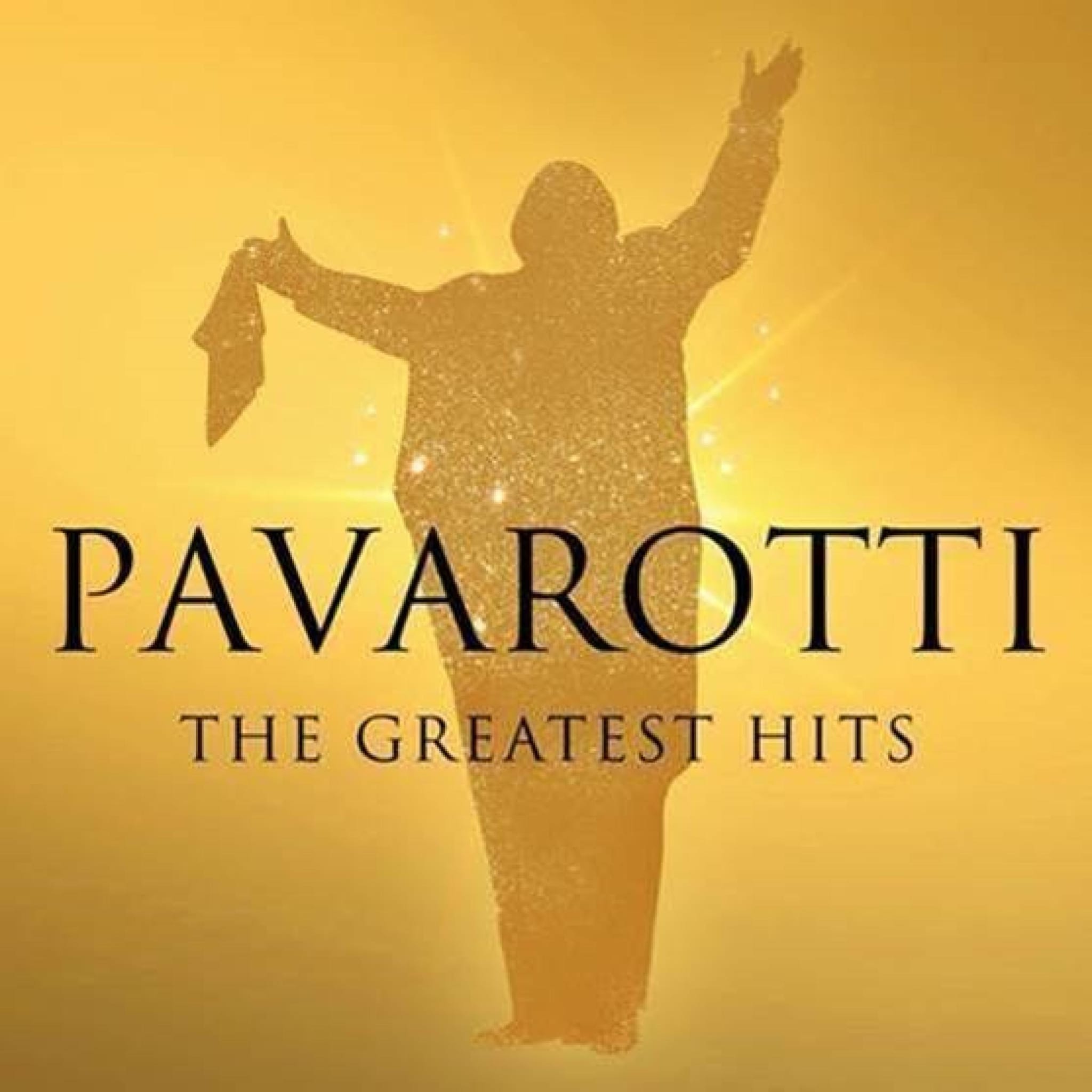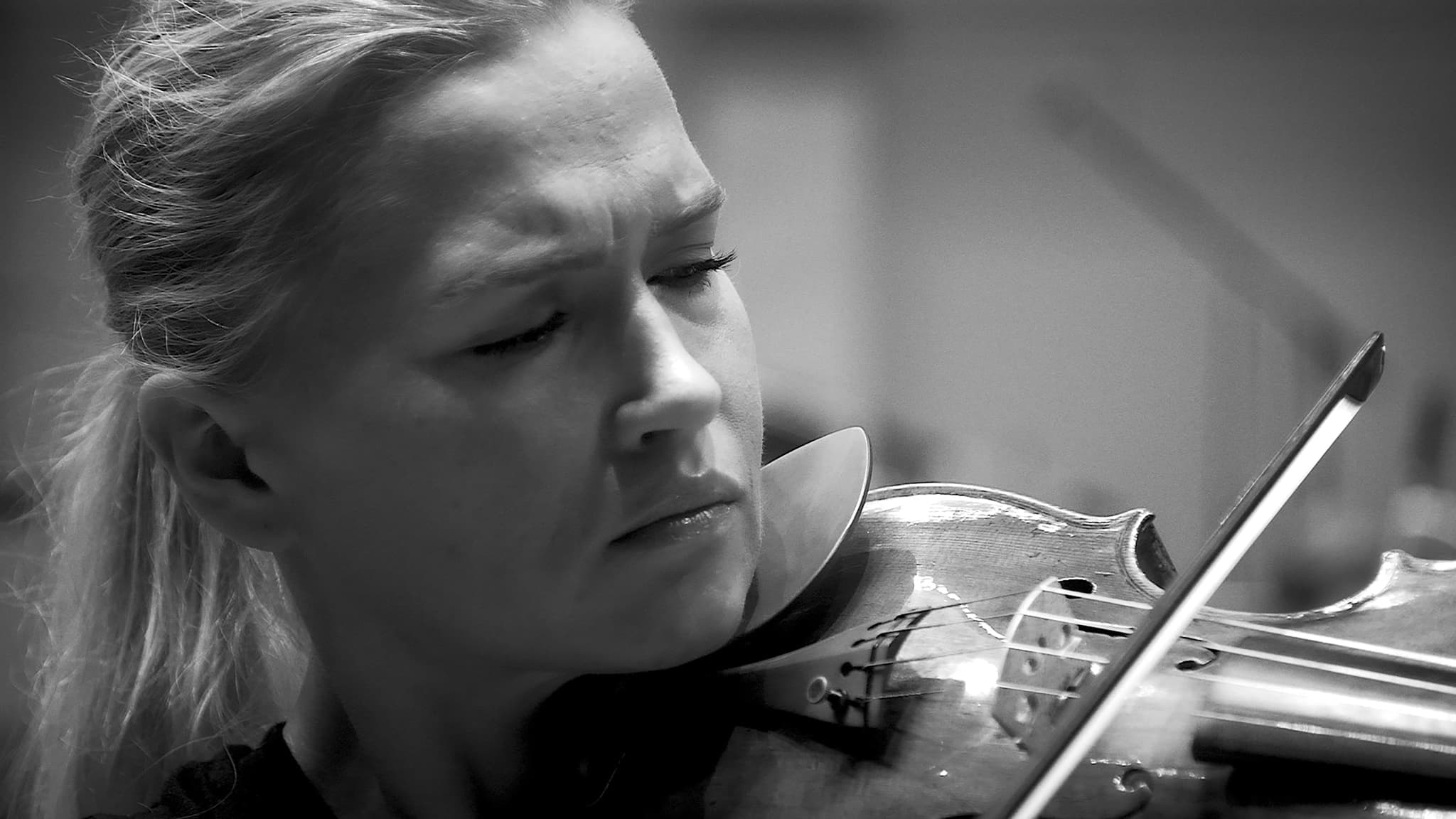Albums
About
Brian Eno

Brian Eno’s creative world opened up thanks to his experiences and the people he met at art school in the 1960s. The self-declared "non-musician" – early member of Roxy Music, producer of bands such as U2 and Coldplay and the artist who coined the term "ambient music" – has since gone on to forge a personal world, in which to perform, compose, produce records, create visual art and installations, and develop imaginative innovations and inventions in sound. He has also long campaigned for social justice, human rights, and the creation of a more equal society.
Eno was born in 1948 in the village of Melton, near Woodbridge in Suffolk. In 1964, he enrolled at Ipswich School of Art, where he was encouraged to experiment with sound, a trend that was reinforced while he studied for a diploma in Fine Arts at Winchester School of Art. His early sonic adventures were further inspired by reading John Cage's seminal book Silence and meeting avant-garde composer and performer Cornelius Cardew, champion of free improvisation and founder of the Scratch Orchestra, which Eno joined. In 1970, he became a member of the English rock band Roxy Music and co-produced and played synthesiser on its first two albums. He left three years later to gain greater creative freedom, expressed almost immediately in a duo recording with guitarist Robert Fripp and in his own first solo album, Here Come the Warm Jets (1974). Eno attracted a worldwide following with the release of Discreet Music (1975) and Ambient 1: Music for Airports (1978). His vision of ambient music, concerned with subtle shifts of tonal textures and timbres, formed while he was recovering in hospital after a car accident. A friend brought him a recording of early harp music, set it to play and left the room without realising that it was barely audible. Eno, unable to reach the volume control, became absorbed by the harp's faint tones and the sound of falling rain, an aural experience that altered his perception of music, to hear it "as part of the ambience of the environment".
The striking breadth of Eno's work can be heard in solo albums as diverse as Thursday Afternoon, The Shutov Assembly, The Ship and Reflection, and a catalogue of collaborations as performer, producer or co-writer with, among others, David Bowie, John Cale, Laurie Anderson, David Byrne, Damon Albarn and Grace Jones. Mixing Colours (2020), his first duo album with his brother Roger Eno, is the evocative outcome of a 15-year collaboration exploring the nature and colours of sound. In addition to winning seven Grammy Awards and two BRIT Awards, Brian Eno has also received the Stephen Hawking Medal for Science Communication for Music & Arts and had an asteroid named in his honour.






